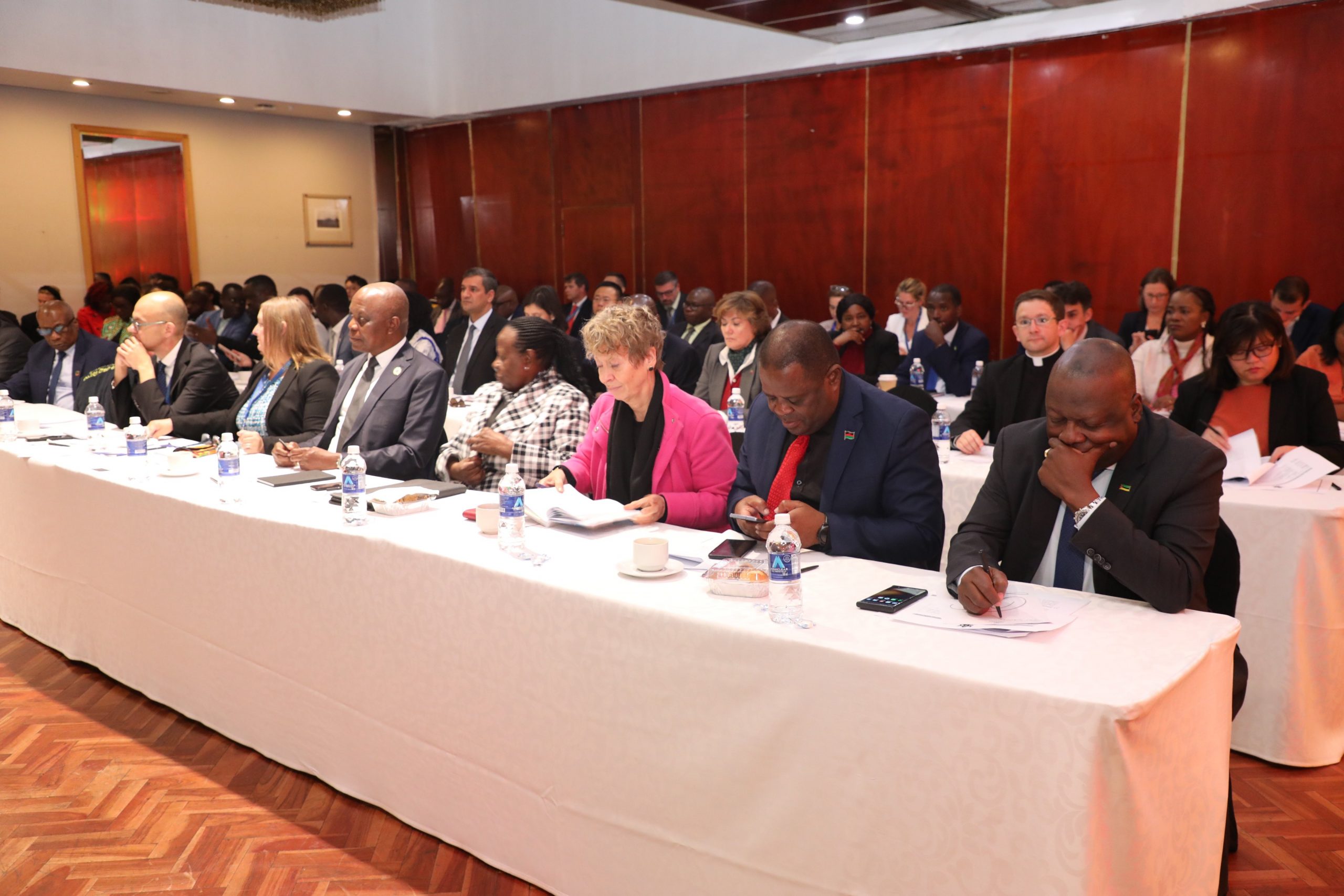Complete elimination of weapons of mass destruction imminent
Share

Harare (New Ziana) At least 193 countries in the world, which is about 98 percent of the global population living under the National Authorities of States Parties in Africa to the Chemical Weapons Convention, have committed to the treaty, paving way for the complete elimination of weapons of mass destruction.
Minister of Defence and War Veterans Affairs Oppah Muchinguri said this on Tuesday while officially opening the 21st regional meeting of national authorities of states parties in Africa to the chemical weapons convention in the capital.
The meeting will assess the region’s implementation of the Convention in order to identify priorities as well as come up with appropriate responses to issues observed.
It is also a build up to the Annual Meeting of National Authorities that is traditionally held during the last quarter of the year at the OPCW Headquarters in The Hague, the Netherlands.
Muchinguri, who was represented by Ministry permanent secretary Aaron Nhepera, said the Chemical Weapons Convention, which came into force on 29 April 1997, aims to eliminate an entire category of weapons of mass destruction by prohibiting their development, production, acquisition, stockpiling, retention, transfer or use by State Parties.
She said since coming into force, the Chemical Weapons Convention has proved to be one of the most successful disarmament treaties, and the meeting is coming against the backdrop of the United States of America announcing the destruction of all declared stockpiles of chemical weapons under the supervision of the Organisation on the Prohibition of Chemical Weapons (OPCW).
“The development is a major milestone as it marks the destruction of the last known stockpiles of chemical weapons by a possessor state,” she said.
“Having reached this important milestone, the major focus is now on preventing the re-emergence of chemical weapons. Concerted efforts by State Parties should therefore, now be focused on ensuring that non state actors do not have the means to undertake activities prohibited by the Convention.”
Muchinguri said the African region, which constituted almost a quarter of State Parties to the Convention, saw the African Union (AU) and OPCW sign a Memorandum of Understanding (MoU) in 2006 aimed at strengthening cooperation in implementing the Chemical Weapons Convention, resulting in increased participation by African member states in OPCW international cooperation programs.
“Africa’s commitment to the full implementation of the Chemical Weapons Convention demonstrates the region’s unwavering support to global disarmament efforts, which dates back to the 1960s when our founding fathers where unequivocal on their stance for Africa to be a nuclear free zone,” she said.
She said the continent also strongly voiced the need to stop the arms race and regulate the global arms trade with its position on disarmament anchored on its firm belief that the arms race and the proliferation of weapons of mass destruction breed instability and insecurity.
Muchinguri also noted that Africa needed to do more in promoting bilateral and multilateral cooperation in the implementation of the Convention, given that most chemicals used in the continent are imported and transported long distances before reaching their final destinations.
New Ziana









